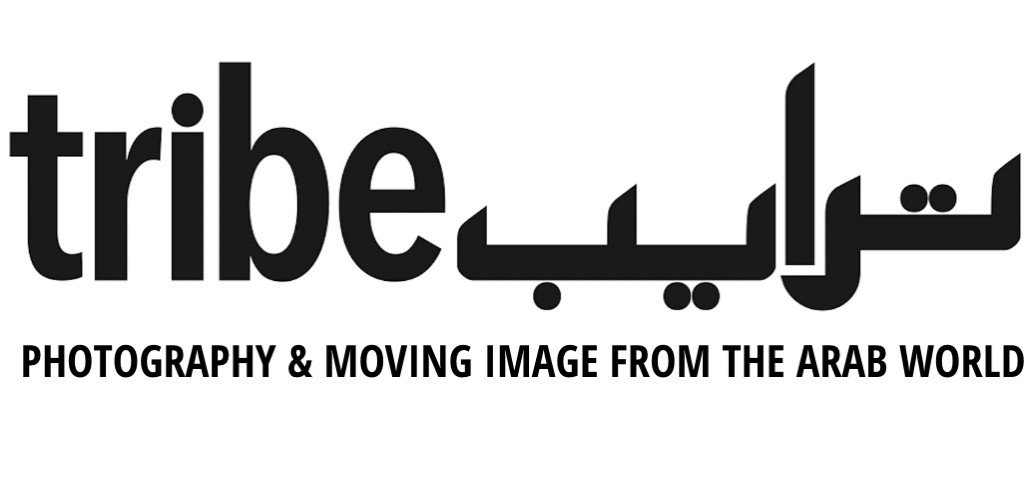Sarah Alagroobi: Syria Serenading Graveyards at Dusk
A matriarchal panegyric
Stills 1, 2, 3, 4, 5 and 6, from Syria Serenading Dusk at Dawn (2019) all dimensions are aprox 1130 x 640 pixels
With text by Sarah Alagroobi, curator and sonic artist, with excerpts of text by artist Sarah Alagroobi
I’m sorry...
How do you say it when there’s no one around to hear?
It’s a tree fallen in an empty wood.
A songbird serenading graveyards at dusk,
To speak it into the void is to baptize yourself in regret without end or beginning.
Text and canvas have been interlacing features of Sarah Alagroobi’s work over the years, mirroring the in-betweenness of a dual identity. With her unique style of carving, distorting canvas and abstracting Arabic letters, Syria Serenading Graveyards at Dusk, presents a unique treatment of word and image, yet reflects an honest extension of the artists’ subject matter and practice.
As with all of the past instances in which Samt, a non for profit, research-driven creative platform, worked independently with artists in the region, a yearlong mentorship and safe space to explore new possibilities outside the accustomed institutional framework gave Alagroobi an opportunity to create new work. During this time, Alagroobi experienced a creative block and distance from her usual painting practice. With the death of her great grandmother mid-year, she undertook an urgently needed trip with her family, winding through Abu Dhabi into Kuwait to Damascus.
As half Emirati and half Syrian, while being an avid reader and writer, Alagroobi’s Syria Serenading Graveyards at Dusk depicts both the absence and presence of an individual self. This is a figurative motif which runs through many of the artist’s pieces in which the dichotomy of place, language and identity are explored. Always in reaction and relation to her context, Alagroobi expresses herself here through the recitation of a poem, in this instance, candidly exposing her voice in performance of an impossible apology. It echoes, for example, the impossibility of perfectly pleasing a seemingly dual identity and self.
During Alagroobi’s short time in her maternal homeland, heavily policed public spaces were recorded in fragments, revealing both empty and crowded spaces. The images are sometimes superimposed, echoing the process of layering and carving reminiscent of her practice as a painter. The moving images portray remains of familiar interior and exterior spaces, with video depicting a disturbed flow of daily life routines within the city’s post-war condition. With the audio recording of the artists’ recitation of a poem, also written in fragments, the work speaks both to the loss of a matriarchal figure and of an urgent need to reclaim that force, inspired by the understanding of safety from the perspective of a woman:
My first letter is in the soul of the Syria of my childhood.
It is superimposed over the Syria of today. She is two very different women, related by blood but traveling different paths.
She is not on speaking terms with her older self.
Samt is an independent contemporary art platform founded by the artist Walid Al Wawi and Sargon Latchin in 2016. Samt is mainly an online, research-centered non-profit initiative tackling five main challenges that are faced in the context of Middle Eastern creative practices including; censorship and conservation, geography and accessibility, mentorship and research, exposure and opportunity and art in urban spaces.


